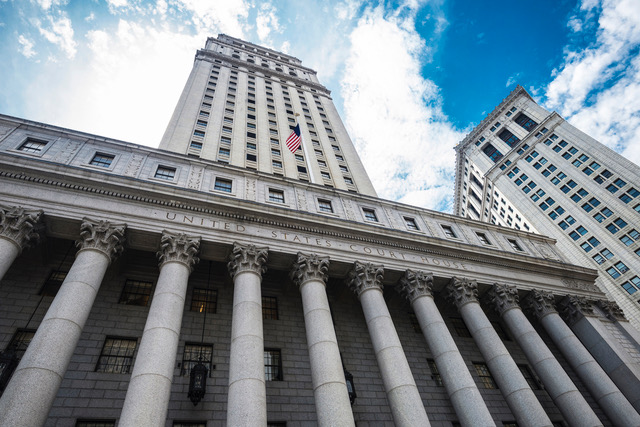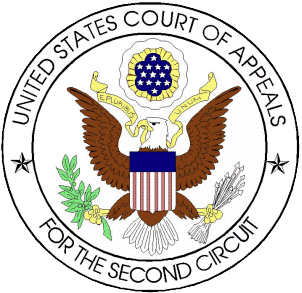In a case that is likely to have a broad effect on the collection activities of debt collectors in New York, the Second Circuit recently held that the Bankruptcy Code does not prevent use of the Fair Debt Collection Practices Act (FDCPA) in a claim regarding a debt that was discharged in bankruptcy proceeding. In Garfield v. Ocwen Loan Servicing, No. 15-527 (2d Cir. 2016), the plaintiff filed an FDCPA lawsuit in federal district court against Ocwen Loan Servicing, complaining that Ocwen had failed to comply with FDCPA notice requirements and used misleading representations in an attempt to collect a personal obligation on the mortgage note that had been discharged. The district court dismissed the complaint on the basis that Garfield’s claims were both generally and specifically precluded by the Bankruptcy Code. The lower court held that there was an irreconcilable conflict between the FDCPA’s “mini-Miranda” requirement and the automatic stay provision of Bankruptcy Code. Furthermore, the district court held that the plaintiff must seek resolution of the matter as a discharge violation in Bankruptcy Court.
In reversing the District Court, the Second Circuit focused on the concept of implied repeal. Because the later-enacted Bankruptcy Code does not explicitly repeal the FDCPA, Circuit Judge Jon O. Newman considered whether there was an implied repeal limited to instances of “irreconcilable conflict.” Judge Newman distinguished Simmons v. Roundup Funding, LLC, 622 F.3d 93 (2d Cir. 2010), where the Second Circuit held a debtor could not bring suit under the FDCPA while a bankruptcy case was pending. In that matter, the court found that there is no protection from the FDCPA needed “to protect debtors who are already under the protection of the bankruptcy court.”
In contrast, since Garfield involved a post-discharge violation, the Court reasoned that there is no “irreconcilable conflict…between the post-discharge remedies of the Bankruptcy Code and the FDCPA. There is no reason to assume that Congress did not expect these two statutory schemes to coexist in the post-discharge context.” Nor did the Court find that the specific FDCPA claims in Garfield conflict with the Code’s discharge injunction. Firstly, the debtor in the instant case was no longer under the protection of the automatic stay when she filed her FDCPA case. Secondly, the Bankruptcy Code does not provide a specific remedy for a discharge violation like it does for violation of the automatic stay.
This will probably not be the last we hear of this issue since there is a conflict between the circuits on the issue. The Ninth Circuit precludes FDCPA claims brought during bankruptcy. The Seventh and Third Circuits have held that the statutes only “overlap” and there is no “irreconcilable conflict” that would prevent debt collectors from complying with both statutes simultaneously. Regardless, the ruling in Garfield will be the prevailing law in the Second Circuit unless, at some point in the future, the Supreme Court takes a case with this same issue and enters a ruling that overturns the Garfield decision. Accordingly, at least for the time being, New Yorker consumers whose debts have been discharged in bankruptcy, have a new remedy to pursue when debt collectors violate the discharge injunction of the Bankruptcy Code by attempting to collect a debt that was discharged in bankruptcy. Debtors’ attorneys may prefer filing suit pursuant to the FDCPA, as opposed to reopening a bankruptcy case, when seeking a remedy for a discharge violation. This is because the FDCPA may have more favorable remedies, including both statutory damages and the automatic recovery of the plaintiff’s attorneys’ fees when a valid claim is brought.
As a result of the ruling in Garfield, debt collectors and debt collection law firms in the Second Circuit may need to consider doing more due diligence prior to pursuing a debt from a debtor. Specifically, they may want to do a PACER search to determine if the debtor previously filed for bankruptcy.
The decision in Garfield v. Ocwen Loan Servicing is a victory for consumers. If you have any questions about bankruptcy or the Fair Debt Collection Practices Act, please do not hesitate to call us at 888-529-9600 or by using our easy online contact form.
To read the opinion, please follow this link: http://www.ncbrc.org/wp-content/uploads/Garfield-2d-Cir-opinion-Jan-20161.pdf







